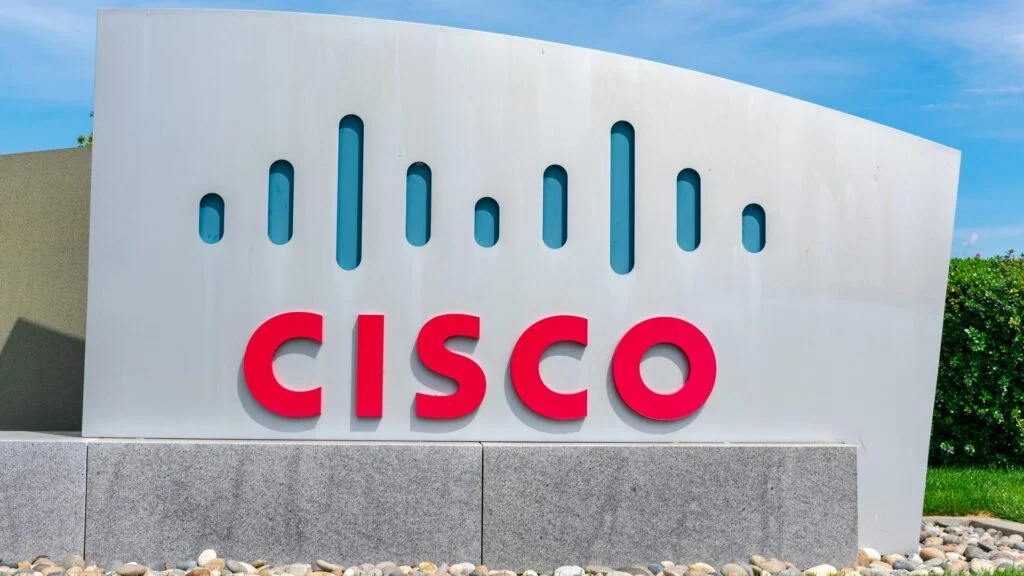The News: MongoDB recently announced the general availability of its MongoDB 7.0 release at the MongoDB.local Chicago event. This latest release adds several new capabilities to streamline developer processes, increase performance, and bolster security. More information on the 7.0 release can be found on the MongoDB website.
MongoDB Enhances Security, Performance, and More With 7.0 Release
Analyst Take: The latest version of MongoDB, MongoDB 7.0, was recently released, and with it come several new capabilities. MongoDB has established itself as a leading NoSQL database over the years, and this latest release appears to further enhance its offering, with a focus on streamlining processes, enhancing performance, increasing security, and overall making developer life a little bit easier. Key additions found in the 7.0 release include the following:
- Updated Cluster-to-Cluster Sync – The mongosync cluster-to-cluster sync capability has been enhanced to support syncing of clusters with different topologies. It has also added support for the capability to filter the specific data to be synced, rather than syncing the entire cluster.
- Time Series Performance Enhancements – The 7.0 release adds a number of enhancements to improve the performance of handling time series data, including both storage compression and query performance.
- New Developer Capabilities – Several new capabilities are now available to developers, including:
- Compound wildcard indexes
- Bitwise operators
- User role variables
- Granular modification and deletion of time series data
- Queryable Encryption – MongoDB 7.0 provides a security boost with the capability to run queries on encrypted data. Detailed information on this capability can be found in MongoDB’s resource library.
The item that stands out the most to me from this release is the addition of Queryable Encryption. This feature allows sensitive data to be encrypted and stored securely, while providing support for expressive queries to be run on the encrypted data. Data is encrypted, and can therefore only be decrypted, on the client side, while it is stored as randomized encrypted data in the MongoDB database. The current version of the Queryable Encryption technology supports querying of the randomized encrypted data using equality matches, with further capabilities planned for development, such as range, prefix, suffix, and substring querying.
The Queryable Encryption capability stands out for its ability to prioritize the security of sensitive information, while maintaining usability of the data. Data security and privacy should be a top concern for all organizations, especially those handling any type of sensitive or personal data. At the same time, this data may be required for certain workflows. Queryable Encryption provides a way to query sensitive data while maintaining strict security to protect against potential data leaks or other security and privacy concerns.
The MongoDB 7.0 release, in total, provides several capabilities that boost the platform’s capabilities and that MongoDB users will certainly be pleased to find. The release offers enhanced performance and developer capabilities, while introducing a novel security capability in Queryable Encryption.
Disclosure: The Futurum Group is a research and advisory firm that engages or has engaged in research, analysis, and advisory services with many technology companies, including those mentioned in this article. The author does not hold any equity positions with any company mentioned in this article.
Analysis and opinions expressed herein are specific to the analyst individually and data and other information that might have been provided for validation, not those of The Futurum Group as a whole.
Other Insights from The Futurum Group:
MongoDB Loves Its Developers and It Shows
MongoDB Revenue in Q1 Rises 29% to $368.3 Million, Beats Estimates
The Six Five on the Road: An Inside Look at MongoDB.local NYC
Author Information
Mitch comes to The Futurum Group through the acquisition of the Evaluator Group and is focused on the fast-paced and rapidly evolving areas of cloud computing and data storage. Mitch joined Evaluator Group in 2019 as a Research Associate covering numerous storage technologies and emerging IT trends.
With a passion for all things tech, Mitch brings deep technical knowledge and insight to The Futurum Group’s research by highlighting the latest in data center and information management solutions. Mitch’s coverage has spanned topics including primary and secondary storage, private and public clouds, networking fabrics, and more. With ever changing data technologies and rapidly emerging trends in today’s digital world, Mitch provides valuable insights into the IT landscape for enterprises, IT professionals, and technology enthusiasts alike.







